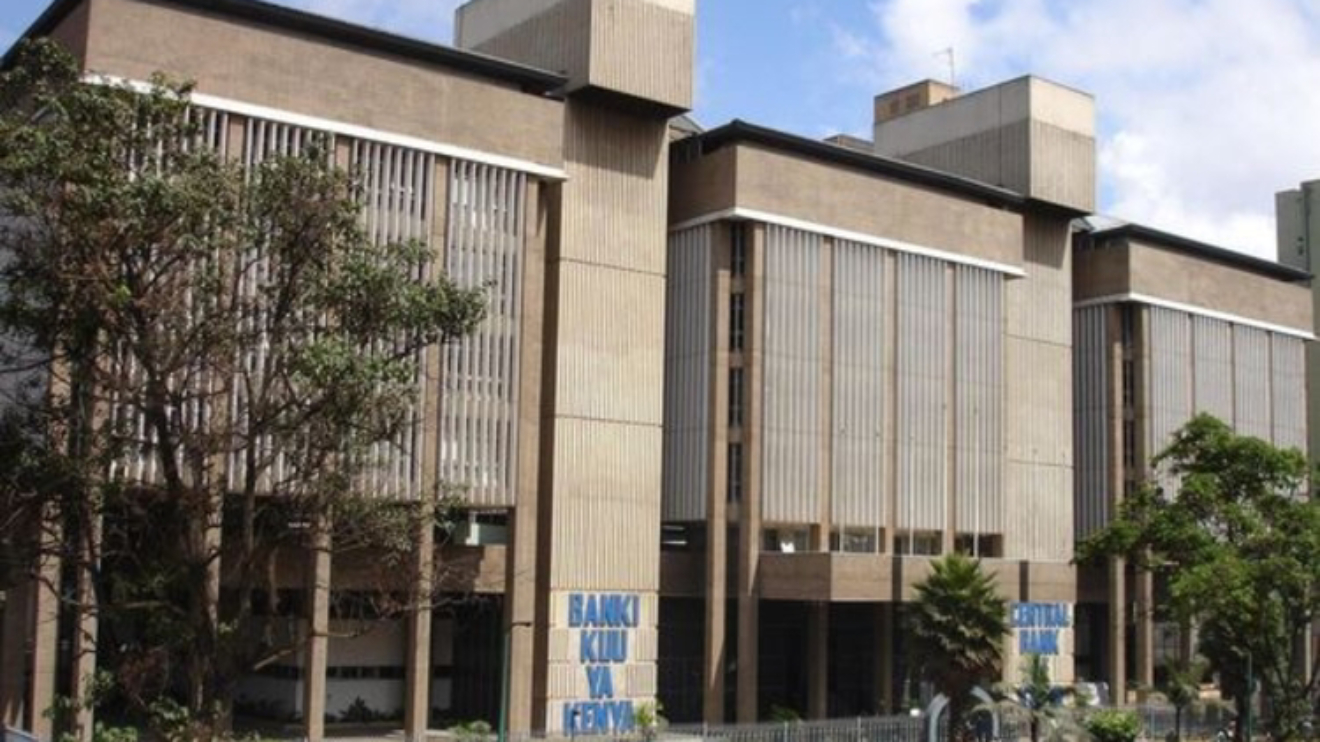Kenya has struck a Sh65 billion agreement with China to begin local manufacturing of vaccines and pharmaceuticals by 2028, in a move expected to anchor the country’s future as a regional centre for medical production.
The announcement was made in Nairobi on Monday following bilateral talks between Health Cabinet Secretary Aden Duale and Chinese Ambassador Guo Haiyan.
The deal, which includes investment in advanced pharmaceutical infrastructure and workforce development, forms part of Kenya’s wider plan to reduce dependency on foreign medicines.
At the centre of the initiative is an ambitious strategy to create domestic manufacturing zones equipped with Chinese medical technology.
According to the Health Ministry, these hubs will not only produce essential drugs but also boost local employment and strengthen health supply systems across the country.
Read More
In his address, Duale said the partnership speaks to more than just industrial progress.
“This transformative partnership is not just about medicine, it is about sovereignty, security and sustainability in healthcare,” Duale stated.
“We are proud to partner with China to develop capacity that will ensure our people access essential vaccines and medicines manufactured right here at home.”
Kenya’s goal is to become a net exporter of vaccines and health products — a shift from its current position as an importer.
Duale added that the government is intent on developing the infrastructure and expertise needed to achieve that transition.
“Our goal is to make Kenya the regional hub for health product manufacturing. We want to stop being net importers of health solutions and become producers, exporters and innovators,” he added.
The deal also includes a substantial investment in human capital.
The Chinese delegation committed to funding 500 full scholarships for Kenyan students in health sciences programmes in China.
On top of that, an annual exchange scheme will be introduced for 20 Kenyan health professionals to receive training and experience abroad.
“This is a powerful investment in Kenya’s future leadership in the health sector. Our young professionals will gain world-class knowledge and exposure, enabling us to lead in both practice and policy,” said Duale.
To guide the rollout, the Health Cabinet Secretary proposed forming a joint task force between the two countries, which will oversee project coordination, align strategic goals, and ensure that implementation timelines are met.
The agreement aligns with Kenya’s broader healthcare agenda — one that favours self-sufficiency, resilience, and regional leadership.
For a country that has long relied on imported medication, the shift towards local production represents a decisive step toward securing its medical future.


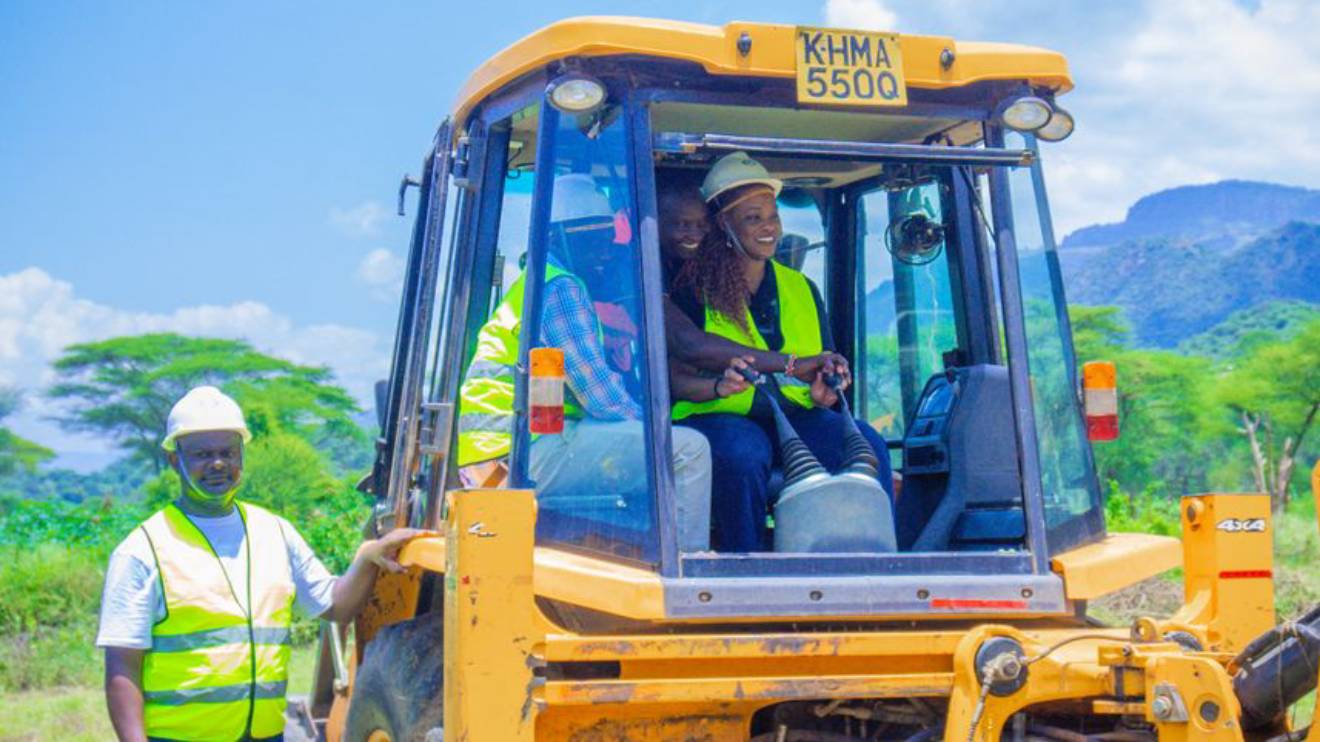
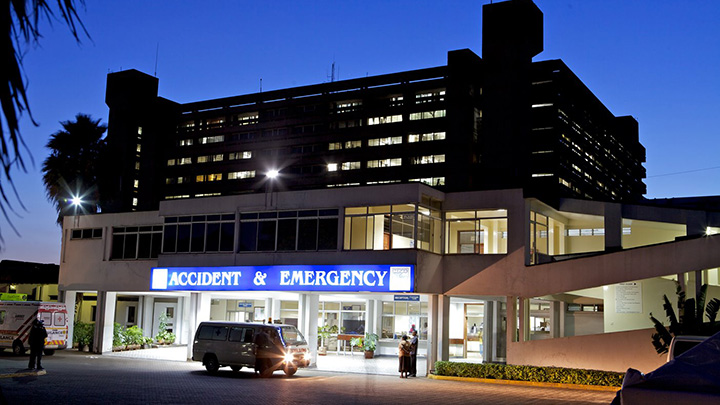
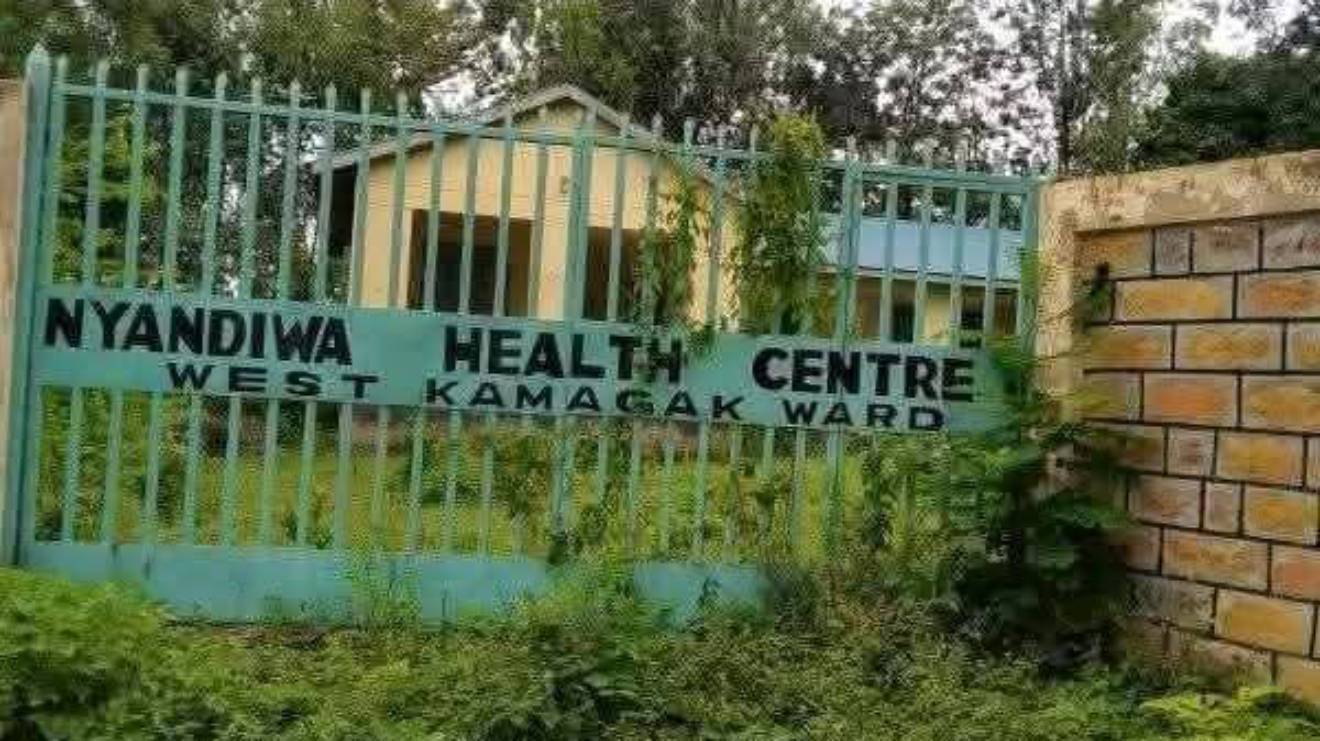

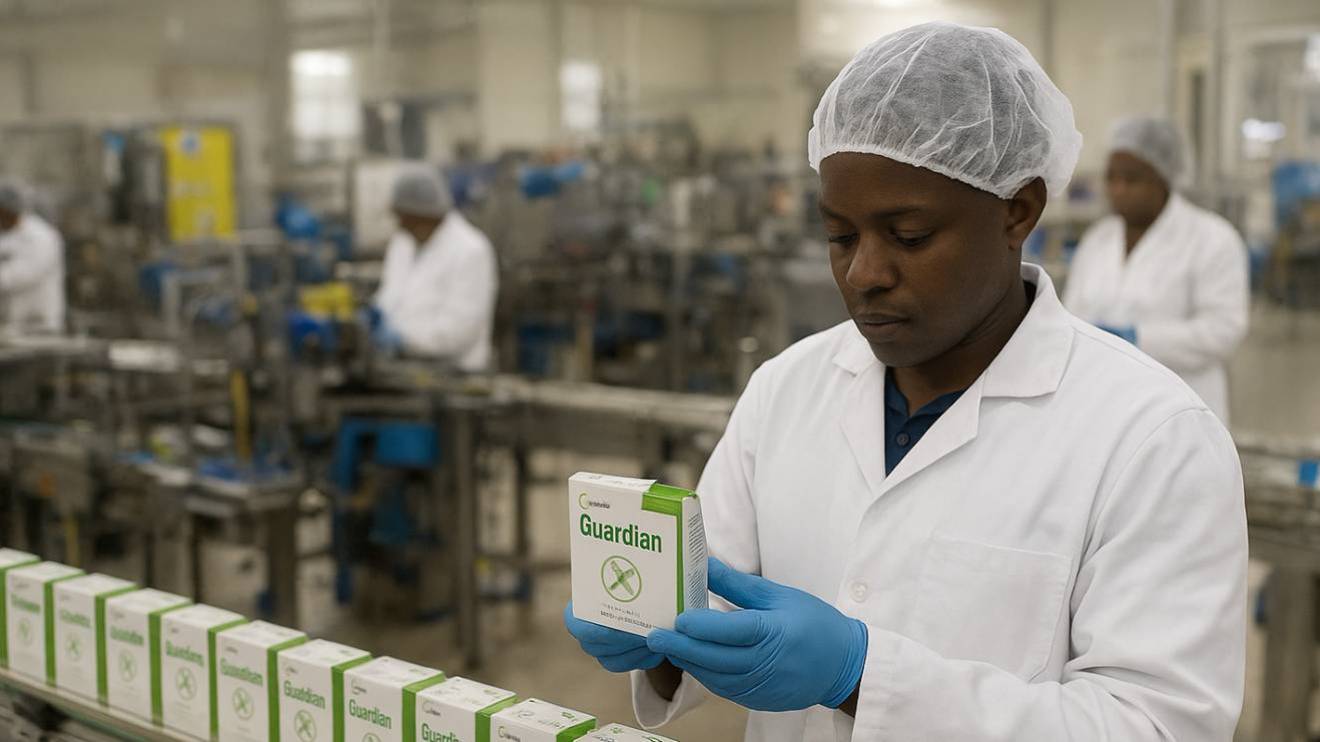
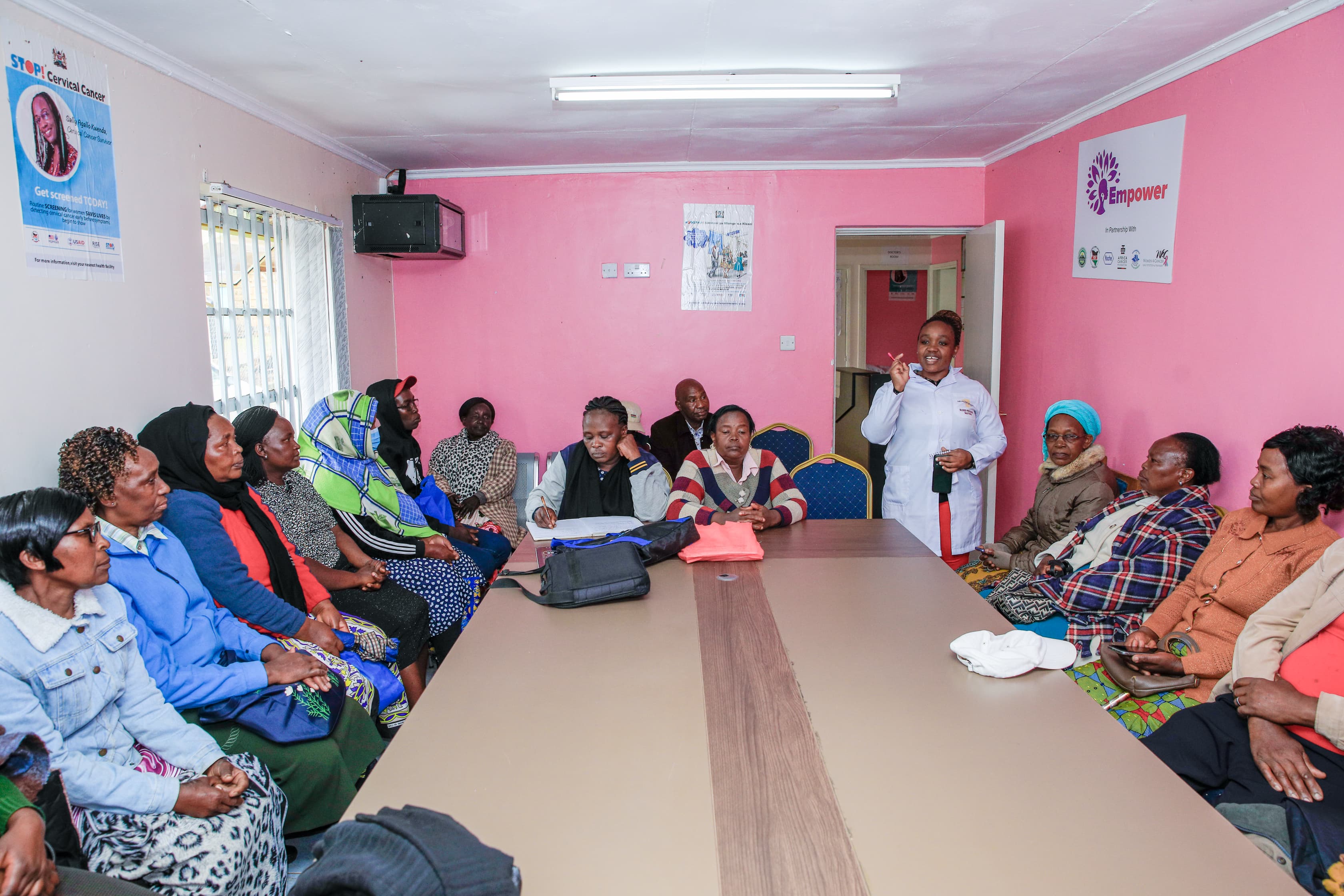


-1757457290.jpg)

